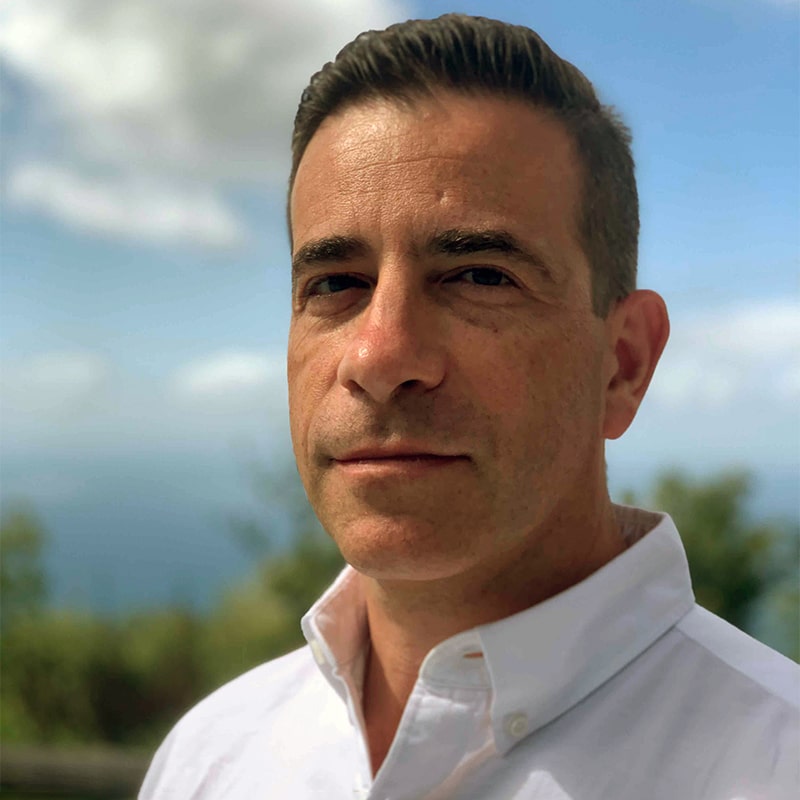Alessandro Rinaldo Named Associate Dean for Research
By Stefanie Johndrow
Alessandro Rinaldo, a professor in the Department of Statistics & Data Science, will serve as the next associate dean for research (ADR) of Carnegie Mellon University’s Dietrich College of Humanities and Social Sciences, effective September 1.
Rinaldo will replace David Creswell, who has served as the ADR since fall 2019.
“I am grateful for David’s work as the college’s first ADR,” said Bess Family Dean Richard Scheines. “He set up several excellent systems to help our research mission and was absolutely key in working with Michael McQuade’s office to get us through the first year and a half of the pandemic. I don’t think people understand how much work that involved.”
While continuing to teach, Rinaldo will spend 20 percent of his time focused on aspects of research for the college. In his new position, Rinaldo will help faculty in Dietrich College navigate research compliance and corporate-sponsored research, and he will represent the college in university-level discussions of research policy and practice.
“I am delighted that Alessandro has agreed to become the college’s second ADR. He has a lot of energy and a lot of good ideas for moving the needle on research funding, both internally and externally. I am very much looking forward to working with him,” said Dean Scheines.
Rinaldo received his Ph.D. in statistics from Dietrich College in 2005, and he has been at Carnegie Mellon ever since.
Rinaldo’s research interests revolve mainly around the theoretical properties of statistical and machine learning models for high-dimensional data under various structural assumptions, such as sparsity or intrinsic low dimensionality. In his work, Rinaldo has investigated settings under which reliable statistical inference is possible in a variety of big and complex data problems, including high-dimensional regression, categorical data analysis, statistical network analysis, topological and geometric data analysis and change-point detection.
“Our college is unique in its diversity of research and teaching missions, scientific aspirations and intellectual expertise. This provides a wealth of opportunities and untapped resources for multi-disciplinary collaborations and growth. I look forward to working with all the different units in the college,” Rinaldo said.
